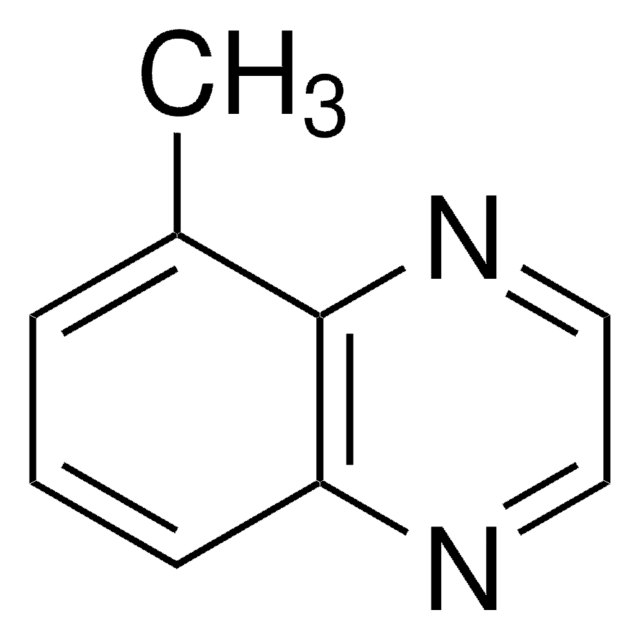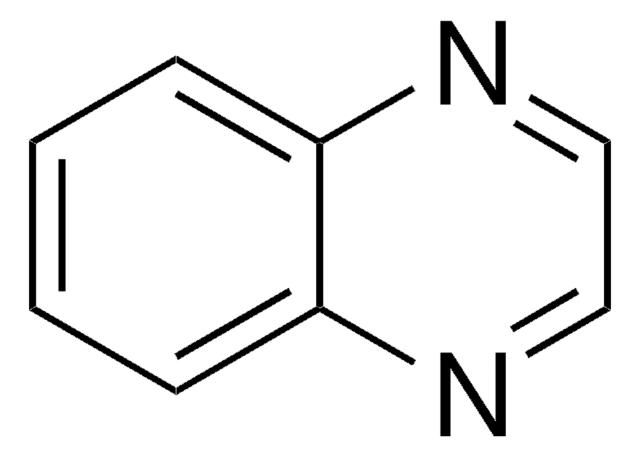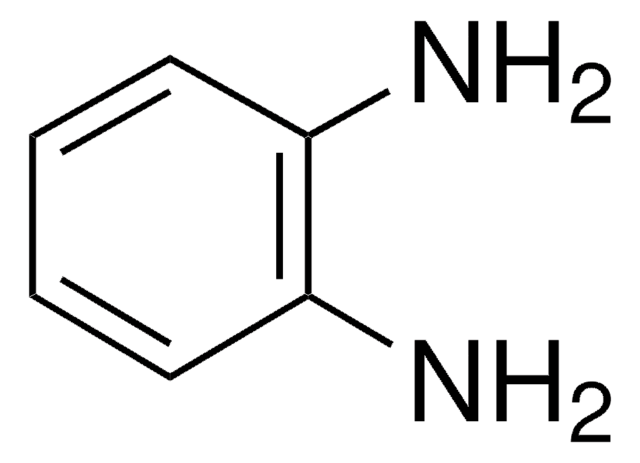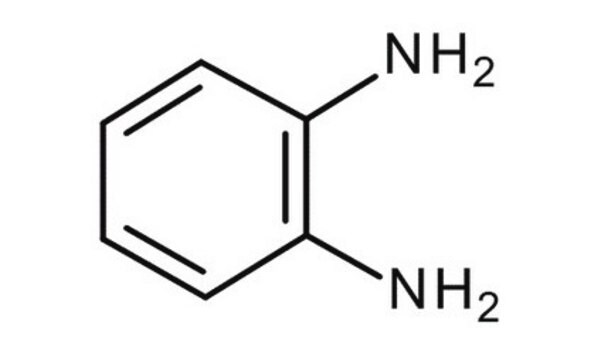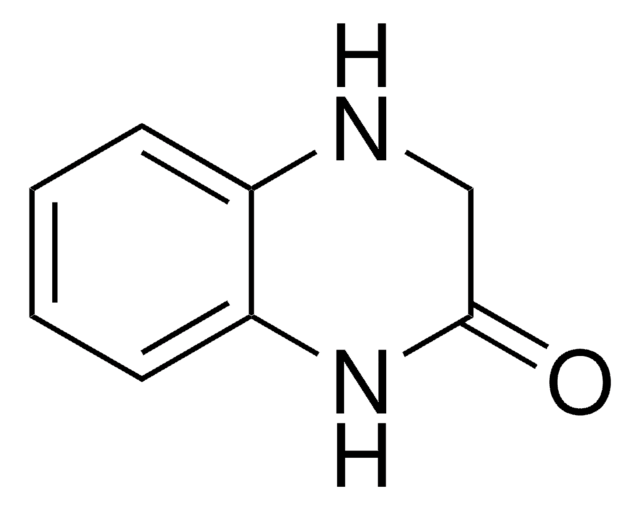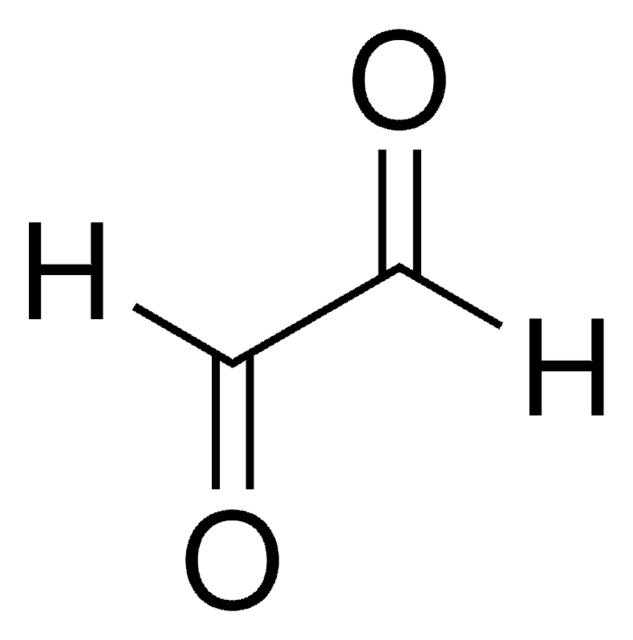About This Item
Recommended Products
biological source
synthetic
Assay
≥97%
refractive index
n20/D 1.613 (lit.)
bp
245-247 °C (lit.)
density
1.118 g/mL at 25 °C (lit.)
application(s)
flavors and fragrances
Documentation
see Safety & Documentation for available documents
food allergen
no known allergens
Organoleptic
coffee; nutty; roasted
SMILES string
Cc1cnc2ccccc2n1
InChI
1S/C9H8N2/c1-7-6-10-8-4-2-3-5-9(8)11-7/h2-6H,1H3
InChI key
ALHUXMDEZNLFTA-UHFFFAOYSA-N
Looking for similar products? Visit Product Comparison Guide
General description
Disclaimer
Signal Word
Warning
Hazard Statements
Precautionary Statements
Hazard Classifications
Eye Irrit. 2 - Skin Irrit. 2 - STOT SE 3
Target Organs
Respiratory system
Storage Class Code
10 - Combustible liquids
WGK
WGK 3
Flash Point(F)
224.6 °F - closed cup
Flash Point(C)
107 °C - closed cup
Personal Protective Equipment
Choose from one of the most recent versions:
Already Own This Product?
Find documentation for the products that you have recently purchased in the Document Library.
Customers Also Viewed
Our team of scientists has experience in all areas of research including Life Science, Material Science, Chemical Synthesis, Chromatography, Analytical and many others.
Contact Technical Service